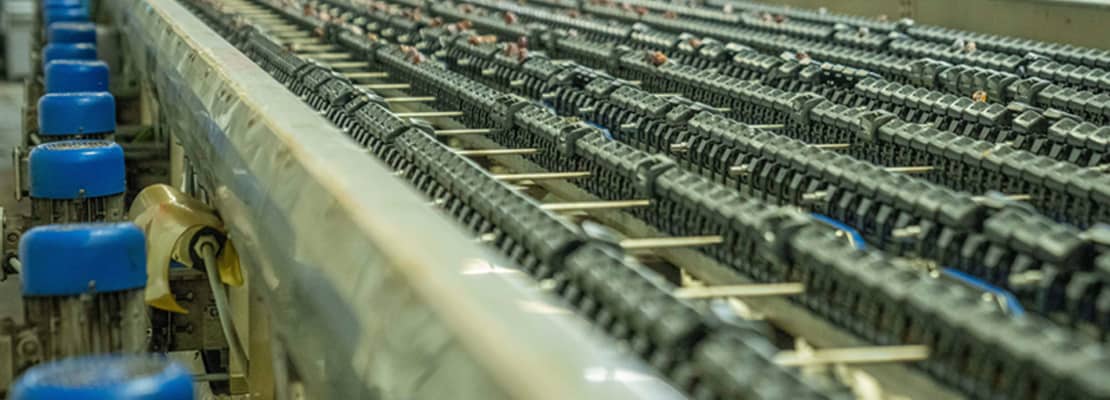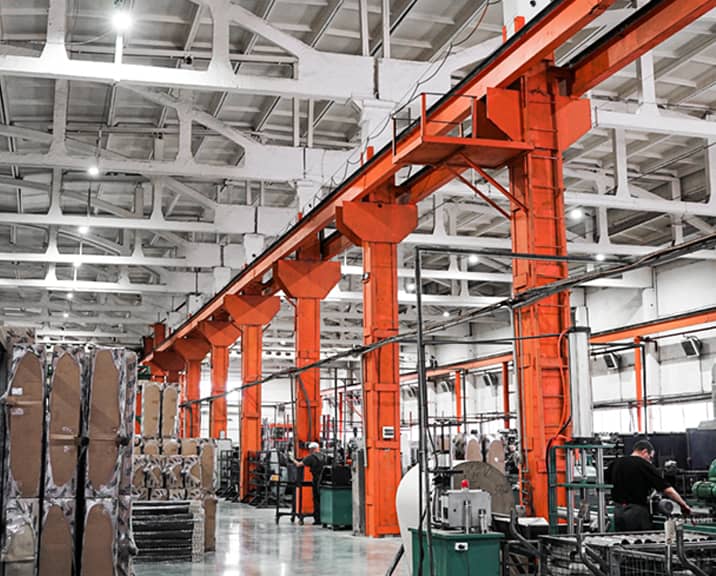
Optimisation of Enterprise Resource Planning (ERP) system

Sustainability of manufacturing processes.
Ulster Shredders is a Northern Ireland based leading manufacturer of industrial shredding machines which can be adapted to suit specific need across working environments in the recycling and other industrial waste sectors.
Ulster Shredders want to improve the manufacturing environment in the company to develop a state-of-the-art manufacturing layout to allow for the needed company expansion and improve the sustainability of manufacturing processes.
Optimisation of the Enterprise Resource Planning (ERP) system
Through the ITI FUSION programme Ulster Shredders were able to employ a graduate, supervised by CREDIT Technology Gateway at DkIT, to undertake optimisation of the company’s Enterprise Resource Planning (ERP) system. This has seen the significant advancements in the utilisation and process set-up of the ERP system; greater stock control and flow; visibility of company performance across numerous sectors from in-depth analysis; workflow between design and manufacturing departments and the development of engineering BOM’s.

50
years in business
1
Inter Trade Ireland ITI FUSION
1
leading manufacturer of industrial shredding machines
“Ulster Shredders as a whole has gained a clearer vision and roadmap on how the company manufacturing capabilities will increase down the line. The keys aspects currently being the importance of process set up that allows seamless workflow and resemblance between the ERP system and activities on the shop floor, as well as the alignment between engineering BOM’s and manufacturing stages /processes. The workflow efficiency between the engineering design and manufacturing departments has also increased significantly over the course of the project, again allowing further improvements to be facilitated with ease..”
Enda Cushnahan – Managing Director
The Ulster Shredders & CREDIT Technology Gateway partnership
The Fusion Project addressed the expansion and growth plans of Ulster Shredders, in developing their sustainable manufacturing capabilities to enable throughput to fulfil front end demand. The company were facing large bottlenecks that prevented the manufacturing throughput increasing and the improvements being made. A key opportunity that the project allowed for was allowing for in depth and root cause analysis to identify to source of bottlenecks for the company. This meant the project goals changed throughout, and with limited resource in the manufacturing department, the expertise from a graduate allowed many improvement projects to be successfully undertaken and completed